Church History - Comprehensive Church History Insights
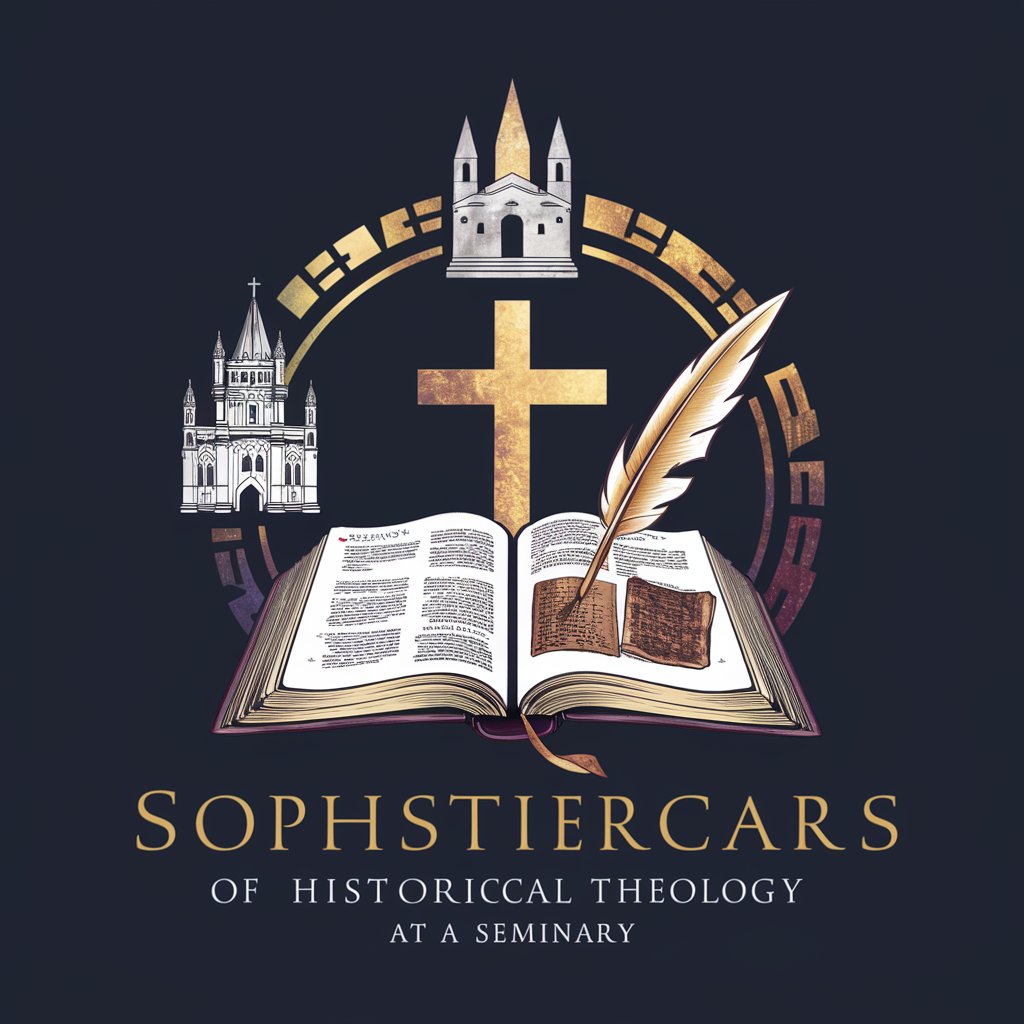
Welcome to Church History studies, let's explore the rich heritage of our faith.
Explore Church History with AI-Powered Precision
Describe the impact of the Roman Empire on the early Christian church.
Explain the significance of the Council of Nicaea in shaping Christian doctrine.
Compare and contrast the theological contributions of Augustine and Aquinas.
Analyze the role of the church during the Medieval period in Europe.
Get Embed Code
Introduction to Church History
Church History, in this context, refers to a specialized application of the ChatGPT model, designed to assist users in exploring the vast and complex history of the Christian church from its inception to the modern day. Its design purpose is to provide users with in-depth knowledge, analysis, and educational resources related to the historical development of Christianity, its theological evolutions, significant figures, pivotal events, and cultural impacts. For example, through detailed explanations, Church History can elucidate the significance of the Nicene Creed, the impact of the Reformation, or the role of Christianity in shaping modern societies. This specialized application is meant to serve as an educational tool, offering a nuanced understanding of how Christianity has influenced and been influenced by historical contexts. Powered by ChatGPT-4o。

Main Functions of Church History
Educational Resource
Example
Providing comprehensive summaries of key historical periods (e.g., Early Church, Middle Ages, Reformation, Modern Era) with emphasis on theological developments, schisms, and ecumenical councils.
Scenario
A student preparing for a church history exam uses the service to review detailed accounts of the First Council of Nicaea and its significance in establishing orthodox Christian doctrine.
Analysis and Contextualization
Example
Offering analysis on how historical events, such as the Crusades or the missionary movements, have shaped the global spread of Christianity and its practices.
Scenario
A historian researching the Crusades utilizes Church History to understand the religious, social, and political implications of these events on Christian-Muslim relations.
Educational Assessments
Example
Creating test questions for end-of-semester exams in historical theology courses, including multiple choice, true/false, and short answer questions.
Scenario
A professor designs an end-of-semester exam for a seminary course, using Church History to generate questions that cover a wide range of topics from ancient to modern church history.
Ideal Users of Church History Services
Students and Educators
Students studying theology, religious studies, or history, and educators teaching these subjects, would benefit from Church History's comprehensive insights and educational resources. The service aids in the preparation for exams, development of curricula, and enhancement of classroom discussions with detailed historical contexts.
Researchers and Historians
Academic researchers and historians focusing on religious studies or church history can utilize Church History to access detailed analyses and contextual information on specific events, figures, or theological concepts, aiding in their scholarly work and publications.
General Public with Interest in Church History
Individuals with a keen interest in the history of Christianity, seeking to deepen their understanding of its development, cultural impact, and theological evolutions, will find Church History an invaluable resource for self-education and exploration.

Using Church History Effectively
Initiate Your Journey
Start by visiting yeschat.ai to access a free trial without the need for logging in or subscribing to ChatGPT Plus, ensuring easy and immediate access.
Identify Your Focus
Determine the specific era or aspect of church history you're interested in, such as Ancient, Medieval, or Modern Church History, to streamline your research and inquiries.
Engage with Content
Utilize the tool to ask detailed questions about theological developments, historical figures, or key events in church history to deepen your understanding.
Explore Applications
Apply insights gained to academic writing, curriculum development, or personal study to enrich your engagement with church history.
Review and Reflect
Regularly review the information and insights gathered to reinforce learning and identify areas for further exploration or clarification.
Try other advanced and practical GPTs
✞ AMEN Church ⛪
Tailoring Faith with AI
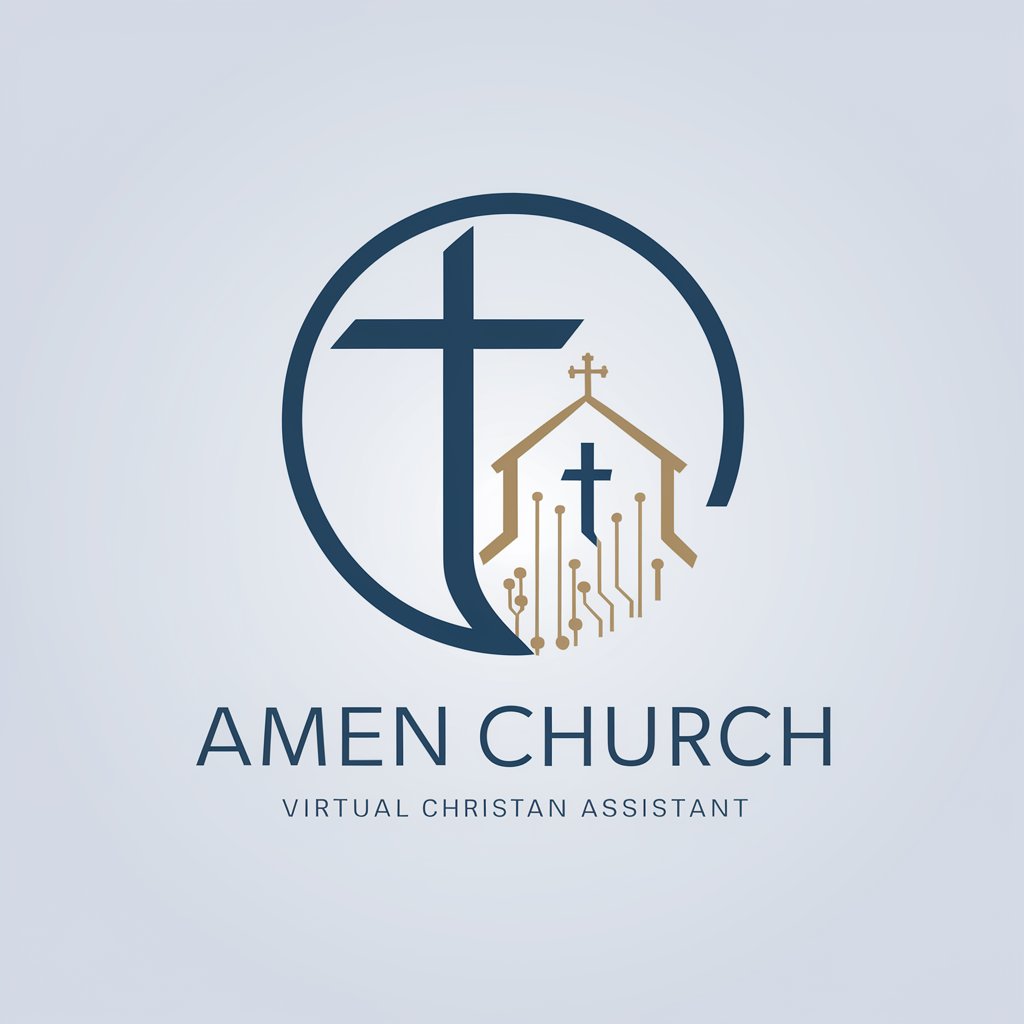
Seoul Dining
Discover, Cook, and Enjoy Korean Cuisine
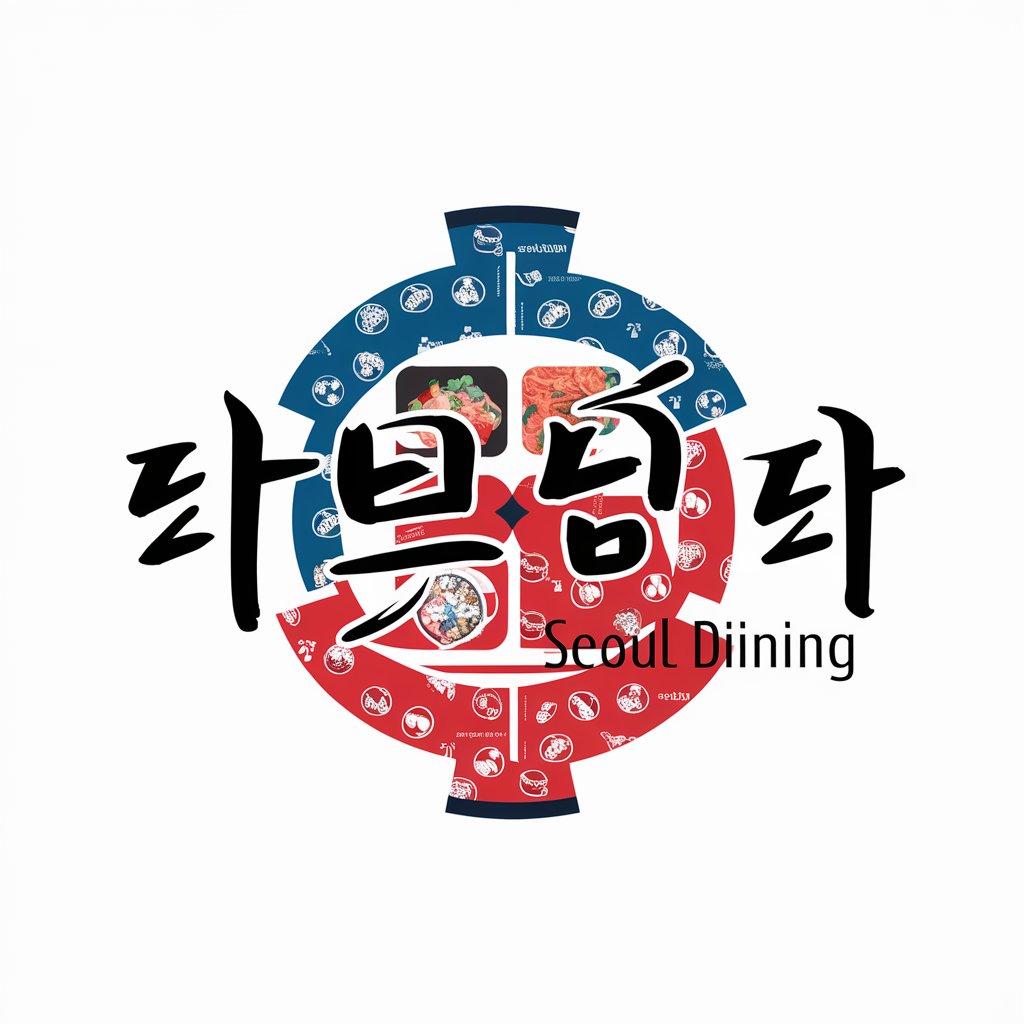
Chef Helper
Sizzle Up Your Meals with AI
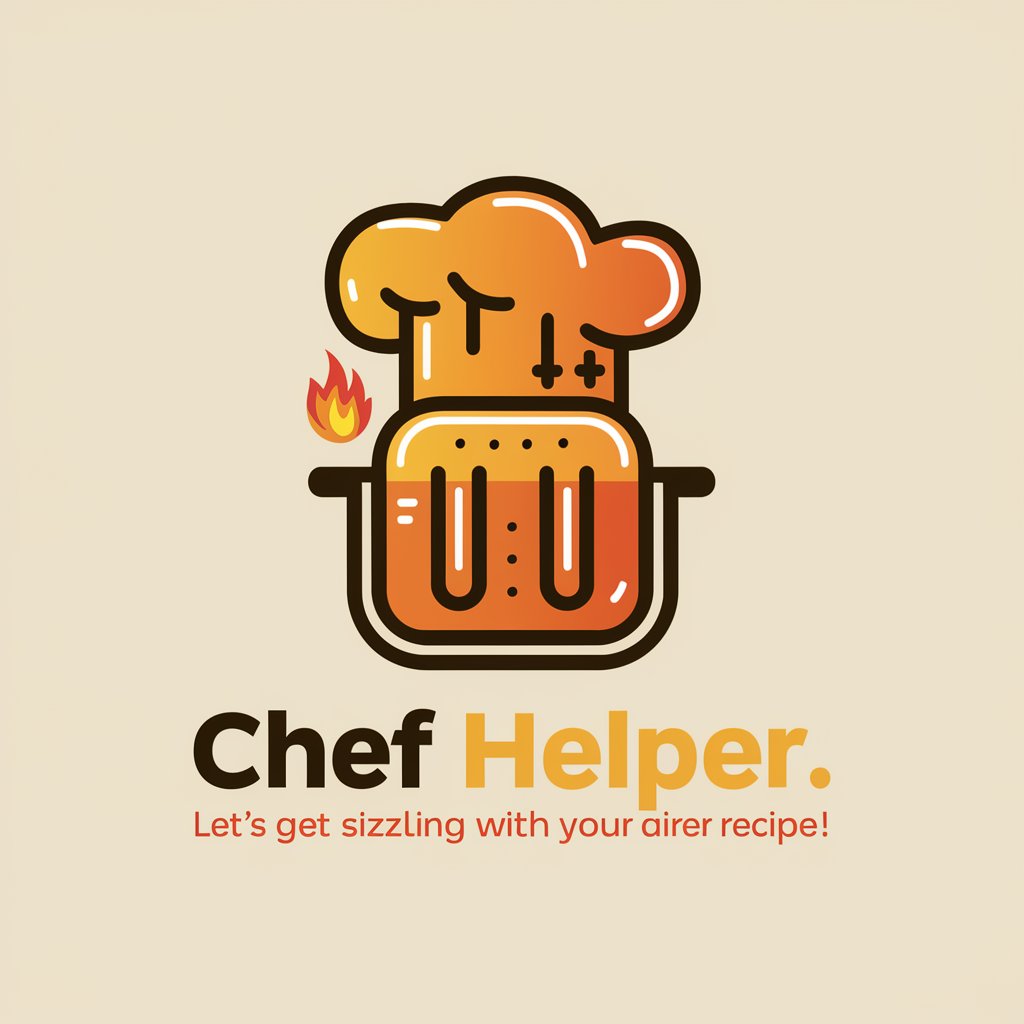
Instant Air Fryer Helper
Unlock culinary creativity with AI-powered recipes.

Anova Precision Oven Expert
Master every meal with AI-powered precision.
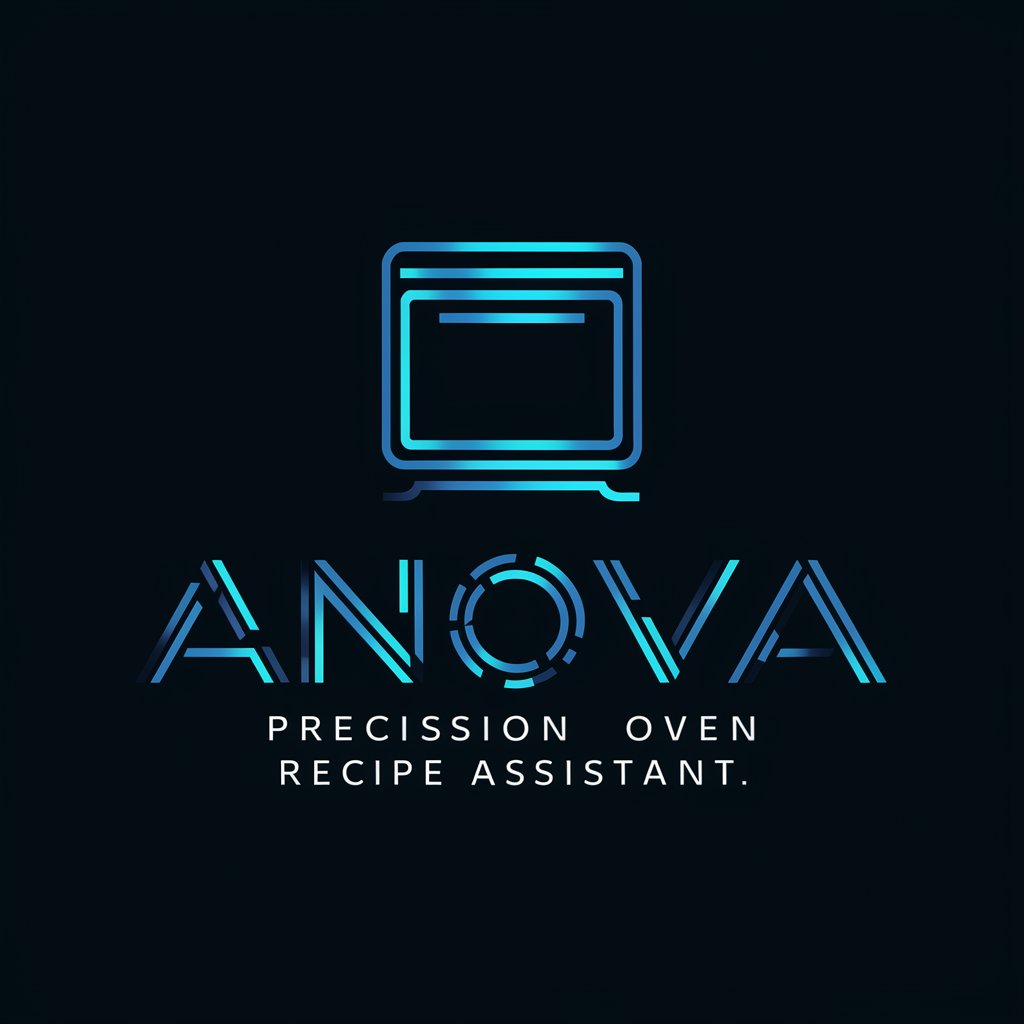
Air Fryer Calculator UK
Convert oven recipes to air fryer perfection.

Church of God Berean-AI
Empowering faith through AI-driven insights.
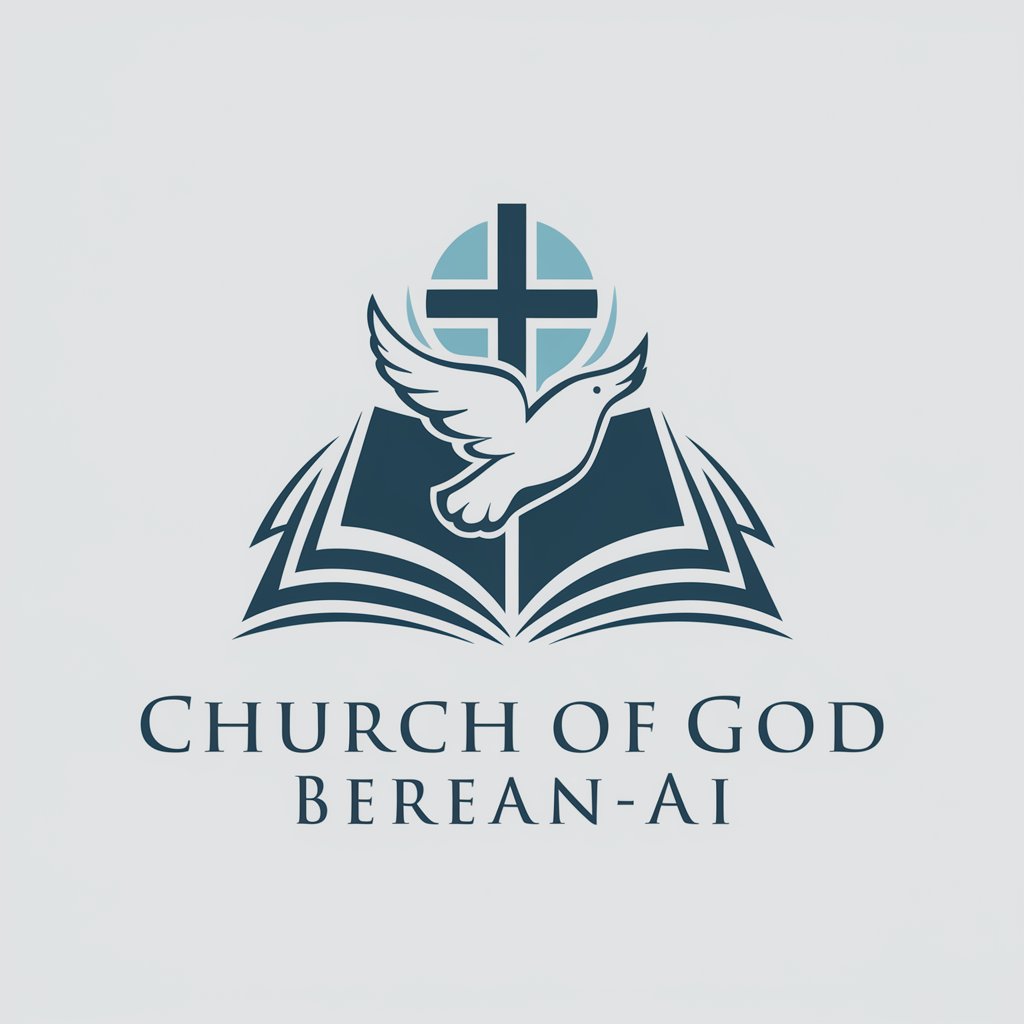
목회자 도우미- 기독교 교회 성경 목회 큐티 (Church Bible Ministry)
Empowering ministry with AI-driven insights
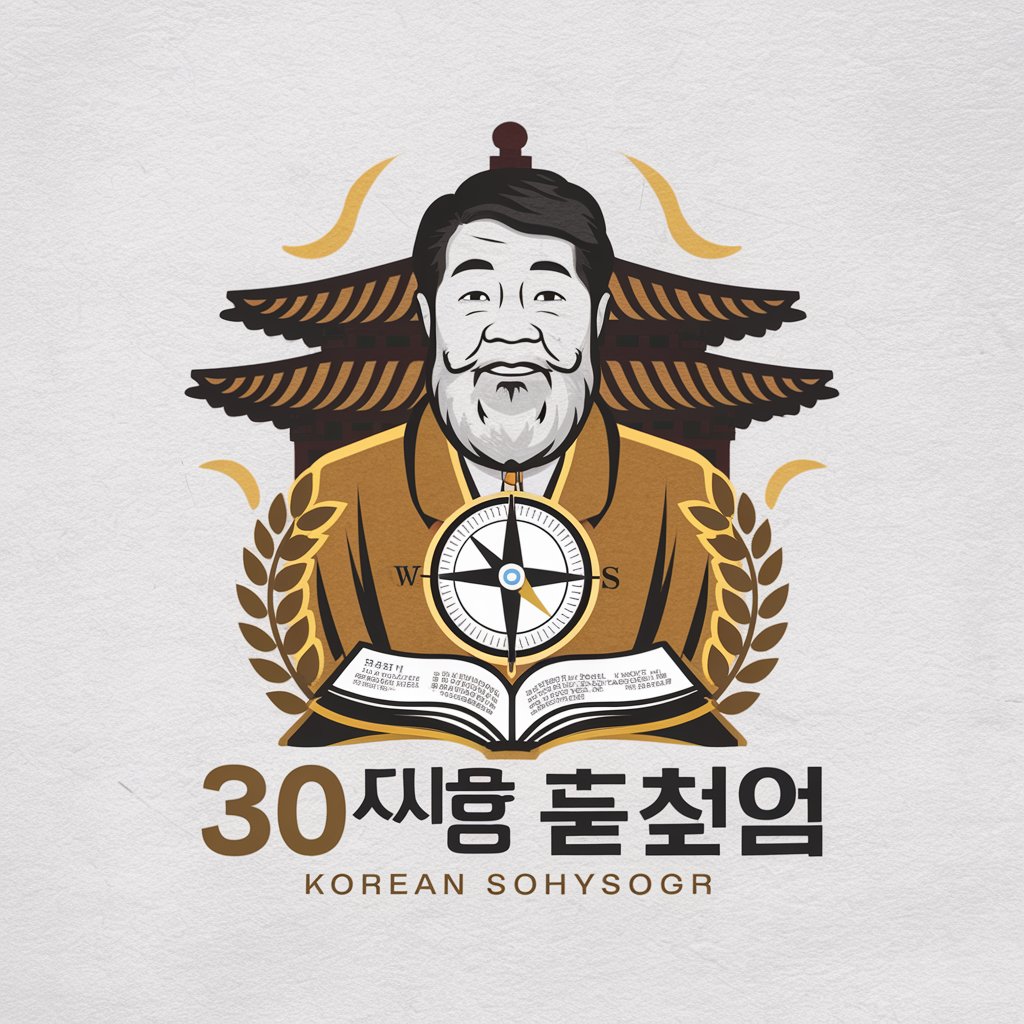
First Baptist Church Oak Ridge Guide
Explore. Connect. Grow.
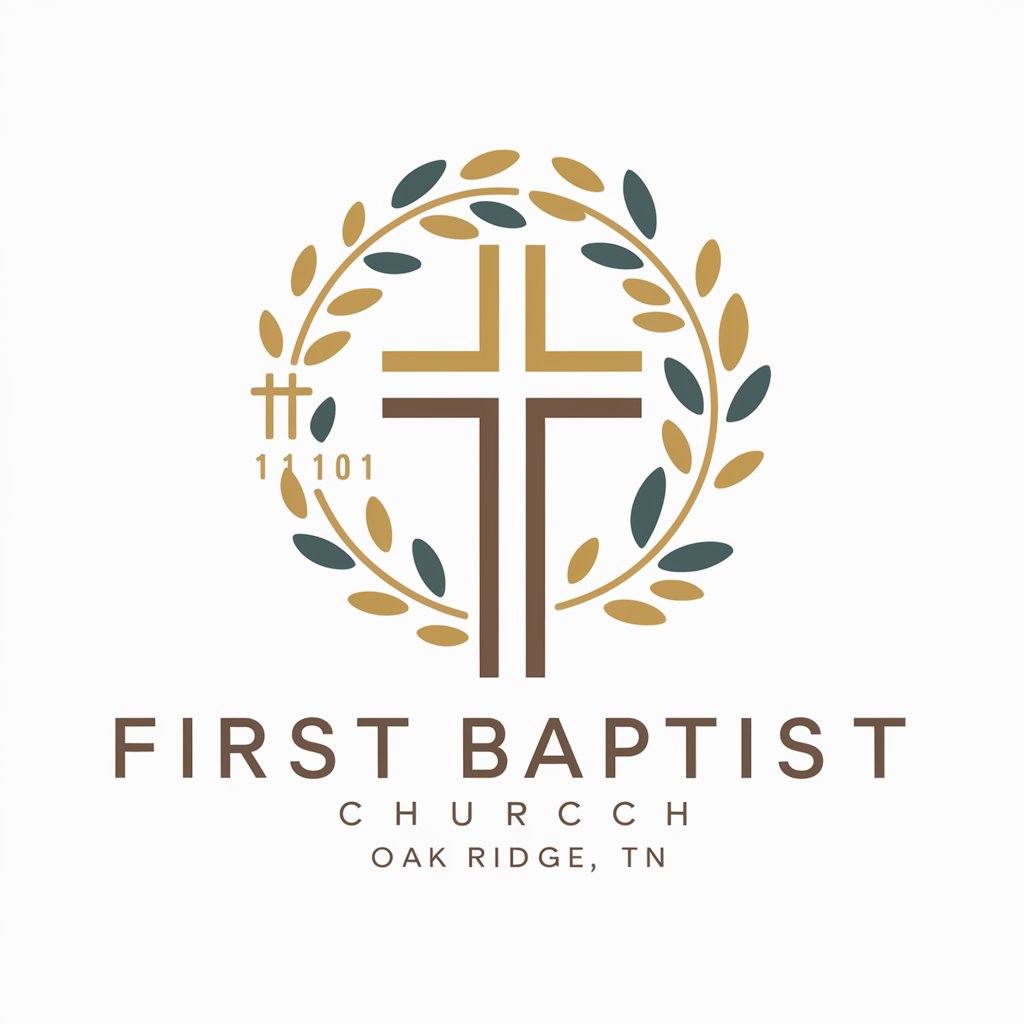
Stage Whisper
Master Your Role with AI
STAGE
Empowering Creative Minds with AI
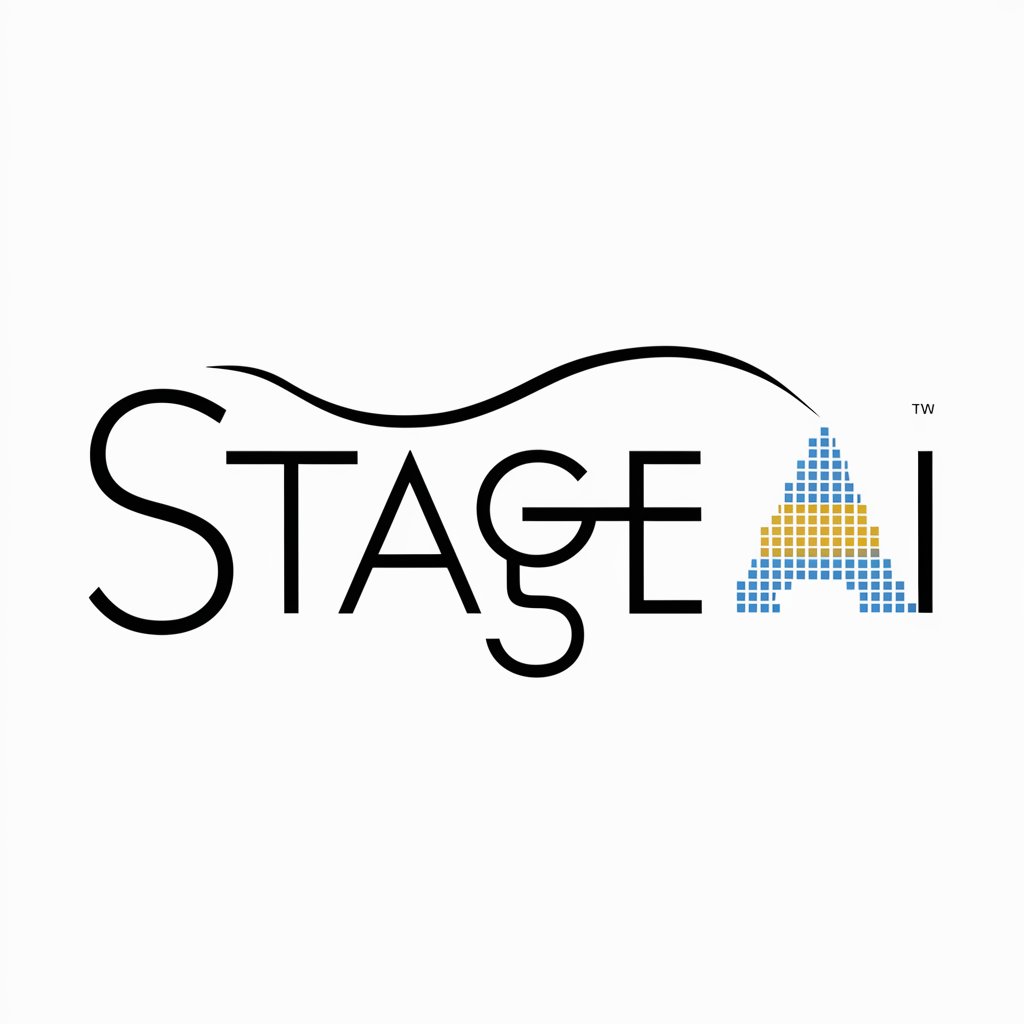
Stable Scholar
Empowering Your Academic Journey with AI
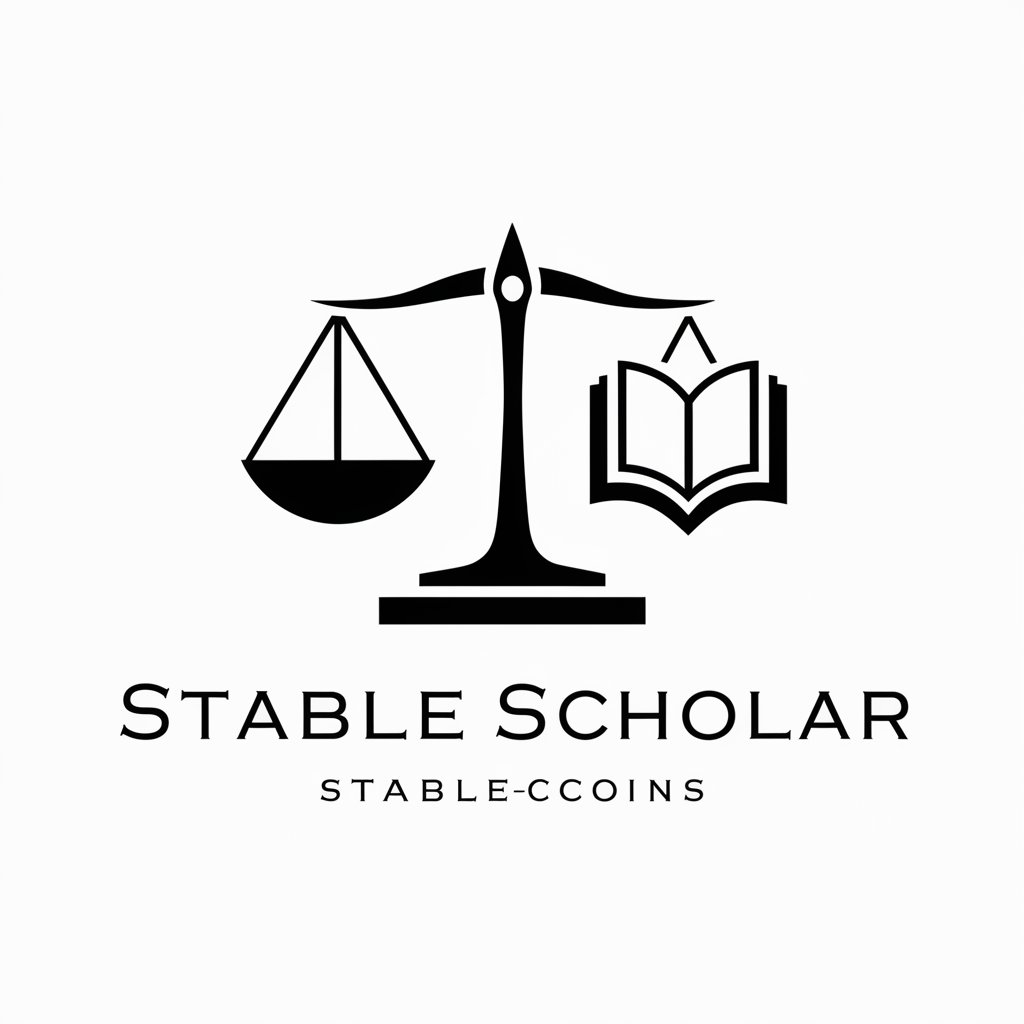
Frequently Asked Questions about Church History
What eras of church history does Church History cover?
Church History spans from Ancient to Modern times, offering insights into early Christian foundations, Medieval theological developments, and Modern church dynamics.
Can Church History help with academic research?
Yes, it's designed to support academic research by providing detailed historical contexts, analyses of theological evolutions, and insights into significant church figures and movements.
Is Church History suitable for personal study?
Absolutely, whether you're deepening your personal understanding or exploring church history for the first time, this tool offers accessible and comprehensive insights.
How does Church History stay current with recent findings?
While my updates are based on the latest accessible research at the time of my last training, I recommend consulting recent publications and academic journals for the most current findings.
Can Church History assist in curriculum development?
Yes, educators can use it to craft lesson plans, generate test questions, and create engaging content that spans the breadth of church history.
